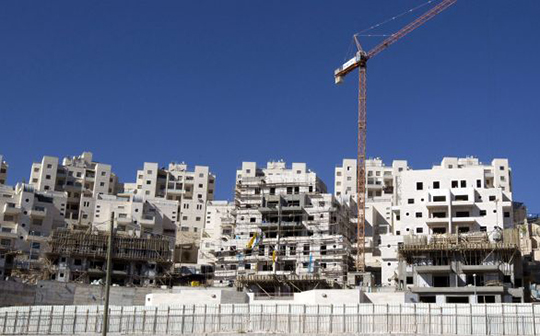Jerusalem, Dec 28: An Israeli committee is to discuss issuing permits for more settler homes in annexed east Jerusalem, despite a landmark UN resolution demanding an end to such activity.
The Ir Amim NGO, which monitors settlement building, said the planning committee could approve permits for 618 housing units in the mainly Palestinian eastern sector of the city.
It would mark the first such approvals since Friday's UN Security Council vote demanding a halt to Israeli settlement building in Palestinian territory.
The resolution, which passed after the United States took the rare move of abstaining, infuriated Prime Minister Benjamin Netanyahu who lashed out at President Barack Obama and vowed not to abide by it.
Jerusalem deputy mayor Meir Turjeman, who also heads the committee, has reportedly also spoken of seeking to advance plans for some 5,600 other units at earlier stages in the process.
Yesterday he told AFP there were no plans to call off discussions in response to the UN vote. The hundreds of building permits were on the agenda before the resolution was passed. "We'll discuss everything that's on the table in a serious manner," he said.
And on his Facebook page, Turjeman said: "I'm not concerned by the UN or anything else trying to dictate our actions in Jerusalem.
"I hope the government and new US administration will give us the momentum to continue and make up for the shortage created over the eight years of the Obama administration," he said of settlement construction.
Israel has already taken diplomatic steps in response to what it calls the "shameful" resolution, which received the support of 14 Security Council members and a US abstention.
On Tuesday, the foreign ministry said it was "temporarily reducing" visits and work with embassies of nations that voted for it.
On Christmas Day it summoned ambassadors of countries that voted for the resolution while Netanyahu met US ambassador Daniel Shapiro on Sunday.






Comments
UN should declare ISRAEL as terrorist state and put trade embargo on this state. All countries should expel Israel Ambassador and call back their Ambassador from Israel. Let these terrorists enjoy in their land only. They are shameless and those who support them are more than shameless.
Add new comment